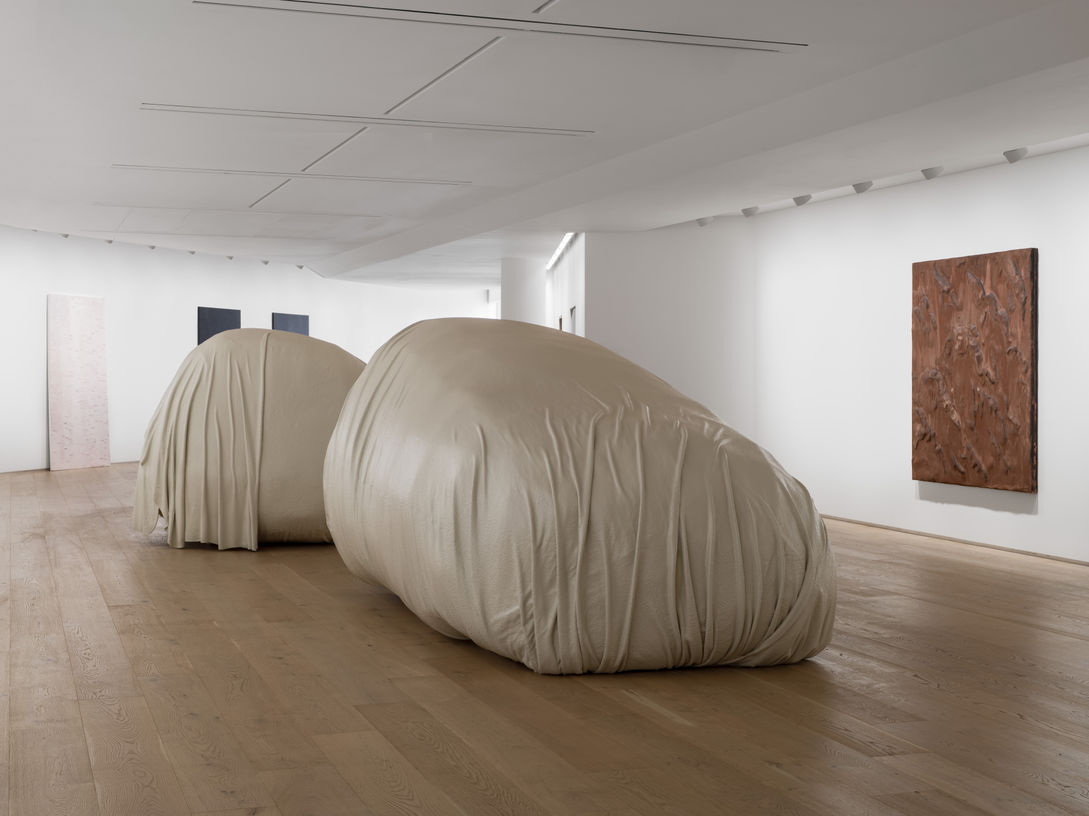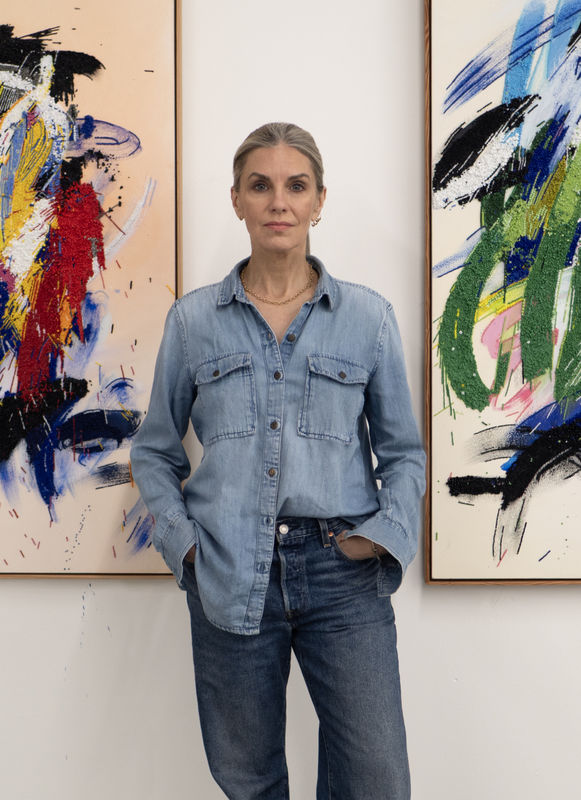The Human Animal Miquel Barceló exhibition at Museum Jorn, Silkeborg, Denmark
The Spanish artist Miquel Barceló was born in 1957 in Felanitx, Mallorca and lives and works in Paris and Mallorca. Since representing Spain at the Documenta exhibition in Kassel in 1982 he has enjoyed international recognition for his expressive and inimitable works that unfold across materials and forms of expression.
Barceló's ceramic universe is based on the cultural functions of clay and the Catalan pictorial crafts traditions, but also on modern bricks, which to Barceló represent the rapidly constructed hotel developments in Mallorca. Clay is specific and universal, natural and cultural, and these are the characteristics that Barceló seeks to capture in his ceramic works. Barceló draws inspiration from volcanoes, the sea, cave paintings and ethnographic building techniques such as Malian Dogon architecture, where clay acts as a supporting structure as well as ornamentation. Like the paintings the ceramic works hark back to the primordial, the ritual, the mystical and the symbolic, but they also probe into the present and grapple with the impact of globalisation on Mallorca’s unique cultural heritage.
By showcasing Barceló's artistic elements from initial idea to finished work and the breadth of his extensive ceramic production, we get a close look at the creative process itself. In addition to more than 100 ceramic works and 16 sketchbooks, the exhibition includes Barceló’s waste pit, filled with his flawed, discarded and destroyed ceramic efforts, has been recreated and is included in the exhibition. The pit itself is an overwhelming and thought-provoking installation illustrating the aesthetic requirements the artist wanted to satisfy in his works, but also giving an impression of an extensive and experimental process.
Creative primordial forces
Certain fundamental parallels seem to exist between the Danish artist Asger Jorn’s (1914–1973) and Miquel Barceló’s approaches to art. These parallels are particularly apparent in their ceramic art where the similarities are reflected in their approach to production, tradition and material. Both artists use ambiguous cultural imagery and are experimental in their choice of materials in order to communicate something universal. Both are creative primordial forces, representing the mythical and the unconscious, man and beast, as an urge and a driving force – in a constant state of transformation, which for Jorn was a human condition.
In 2018, Barceló was part of the exhibition LER! at Museum Jorn, and a solo exhibition has been in the works since. Among other things, Barceló is the artist behind a monumental ceiling installation in the UN headquarters in Geneva as well as the decoration of the Palma Cathedral in Mallorca. He has previously had major solo exhibitions at leading institutions worldwide, including the Museo Picasso, Málaga; Museo del Prado, Madrid; Musée du Louvre, Paris and Galleria Nazionale d’Arte Moderna, Rome.
The Human Animal
The sub-title of the exhibition, The Human Animal, refers to a text Asger Jorn wrote about Franz Kafka, one of the most influential authors from the 21st century. In 1941 Asger Jorn introduced Kafka to a Danish audience with his translation and publication of a selection of Kafka’s short stories in the journal Helhesten. Despite having since gained cult status, Kafka's works were not general reading in Denmark at the time, nor were they widely translated into Danish until 20 years later. Until now a neglected part of his work, Jorn's translations have been brought to life by the renowned Spanish artist Miquel Barceló who, in forty-one brand-new works on paper, has drawn inspiration from Jorn's work on Kafka. By means of these works Barceló builds a bridge between Jorn and Kafka. This opens a posthumous dialogue between the two artists on Franz Kafka's stories.





















































































































































































